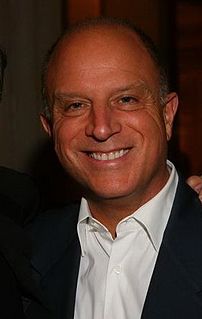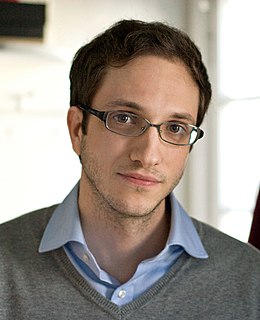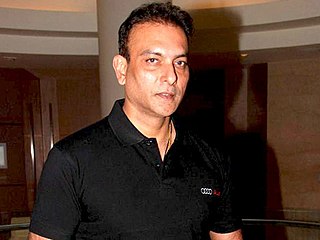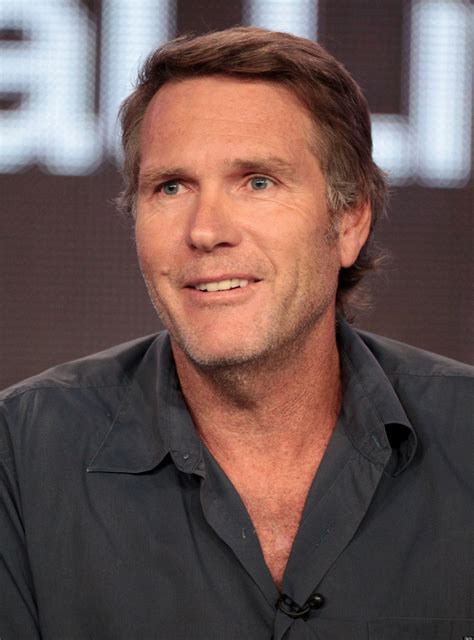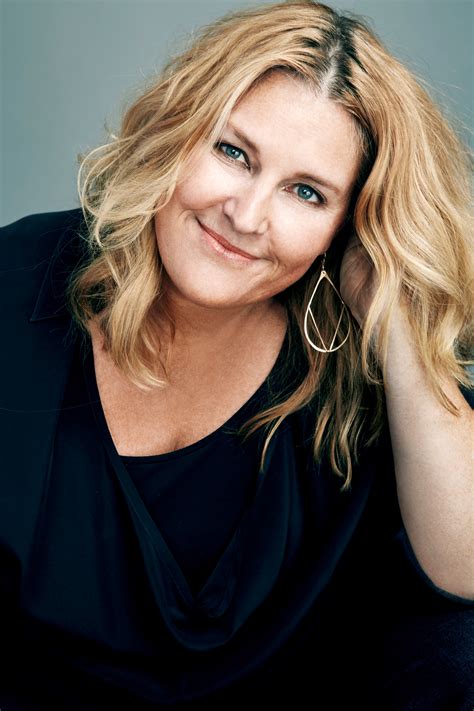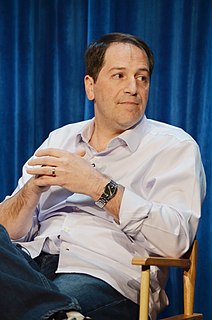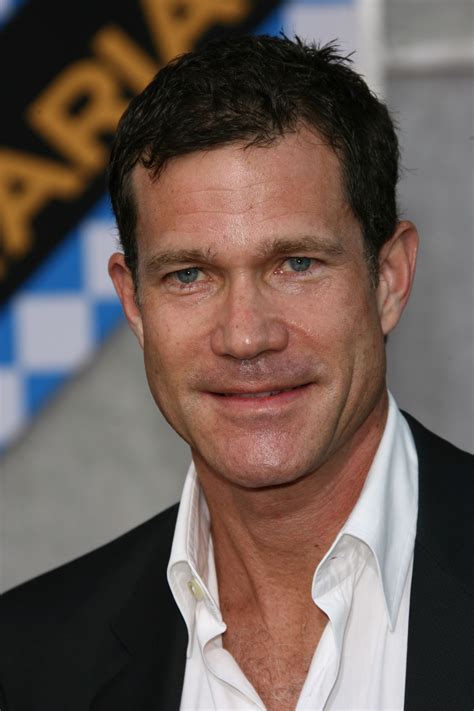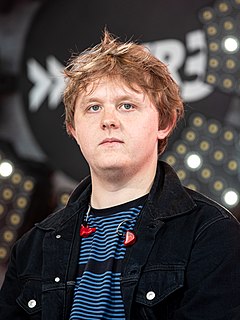A Quote by Lexi Alexander
As someone who grew up in Europe, I don't look at TV and automatically think of a primetime network series, created by a staff of writers. I think of 90-minute movies that can break talents out or a three 90-minutes-an-episode mini series that can introduce a fantastic new series like 'The Blechtley Circle.'
Related Quotes
Today I said to the calculus students, "I know, you're looking at this series and you don't see what I'm warning you about. You look and it and you think, 'I trust this series. I would take candy from this series. I would get in a car with this series.' But I'm going to warn you, this series is out to get you. Always remember: The harmonic series diverges. Never forget it."
The term 'web-series' has a stigma attached to it because it was created at a time when the only web-series that were being created were being created by people who would have loved to have a television show, but they couldn't. So they created a web-series instead, on their own dime. And those series look cheap because of it.
It [going from mini-series to series] was never even discussed because it [The Starter Wife] was, you know, an adaptation of a novel. And we - the mini-series encompassed the whole novel. And so it was always going to be a finite sort of event. And then I imagine when people started to really respond to the show and then we got ten Emmy nominations, USA sort of said, "Oh, I think maybe we have something here."
I think as of right now, we're not hiring an individual to be a series regular and be in every episode to replace her. We're dealing with what we have, and some of it has to do with, as shows get older - I'm learning this as a new to a long lasting series - you start to have maybe some budgetary pressures over time, as people's salaries go up.
We do want the freedom to move scenes from episode to episode to episode. And we do want the freedom to move writing from episode to episode to episode, because as it starts to come in and as you start to look at it as a five-hour movie just like you would in a two-hour movie, move a scene from the first 30 minutes to maybe 50 minutes in. In a streaming series, you would now be in a different episode. It's so complicated, and we're so still using the rules that were built for episodic television that we're really trying to figure it out.

